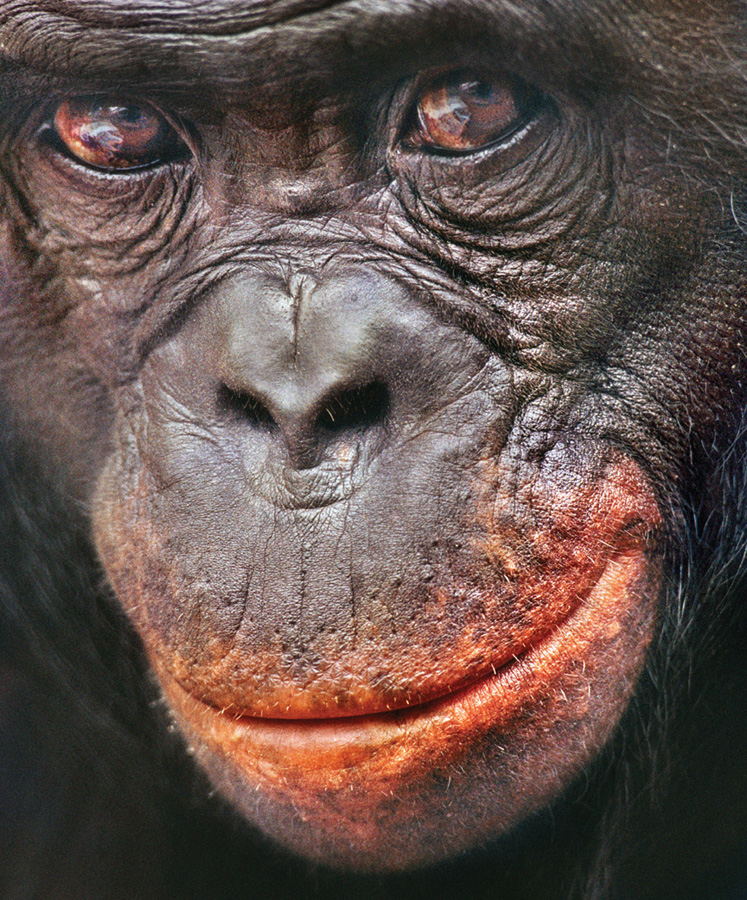CHAPTER 24 INTRODUCTION
CORE CONCEPTS
24.1 Anatomical, molecular, and fossil evidence shows that the human lineage branches off the great apes tree.
24.2 Phylogenetic analysis of mitochondrial DNA and the Y chromosome shows that our species arose in Africa.
24.3 During the 5–7 million years since the most recent common ancestor of humans and chimpanzees, our lineage acquired a number of distinctive features.
24.4 Human history has had an important impact on patterns of genetic variation in our species.
24.5 Culture is a potent force for change in modern humans.

Charles Darwin carefully avoided discussing the evolution of our own species in On the Origin of Species. Instead, he wrote only that he saw “open fields for far more important researches,” and that “Light will be thrown on the origin of man and his history.” Darwin, an instinctively cautious man, realized that the ideas presented in On the Origin of Species were controversial enough without his adding humans to the mix. He presented his ideas on human evolution to the public only when, 12 years later, he published The Descent of Man in 1871.
As it turned out, Darwin’s delicate sidestepping of human origins had little effect. The initial print run of The Origin sold out on the day of publication, and the public was perfectly capable of reading between the lines. The Victorians found themselves wrestling with the book’s revolutionary message: that humans are a species of ape. The mild-mannered author, living in virtual seclusion at his country house in rural Kent, had initiated what is arguably the greatest of all intellectual revolutions.
Darwin’s conclusions remain controversial to this day among the general public, but they are not controversial among scientists. The evidence that humans are descended from a line of apes whose modern-day representatives include gorillas and chimpanzees is compelling. We know now that about 5–7 million years ago the family tree of the great apes split, one branch ultimately giving rise to chimpanzees and the other to our species. It is those 5–7 million years that hold the key to our humanity. It was over this period—brief by evolutionary standards—that the attributes that make our species so remarkable arose. This chapter discusses what happened over those 5–7 million years and how we came to be the way we are.